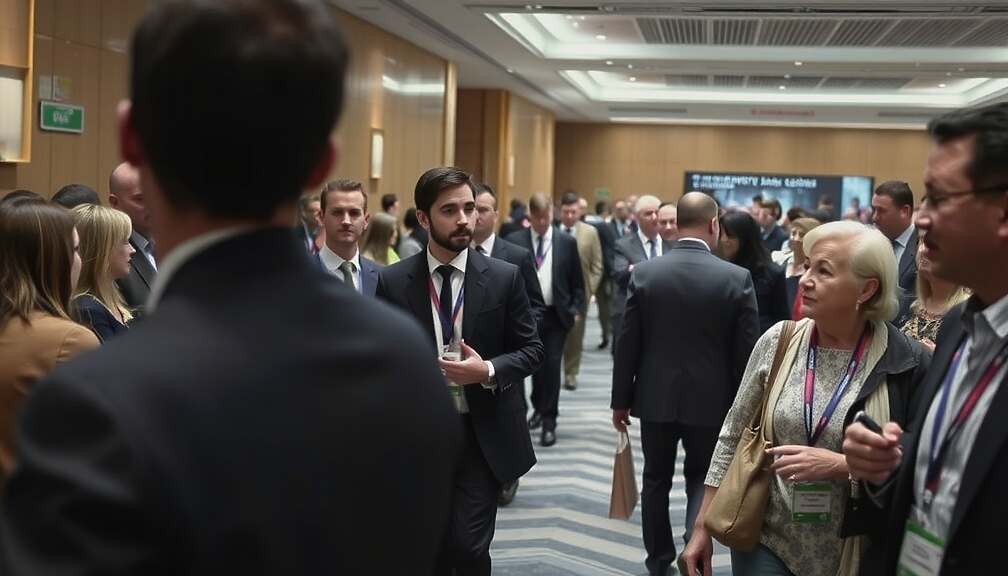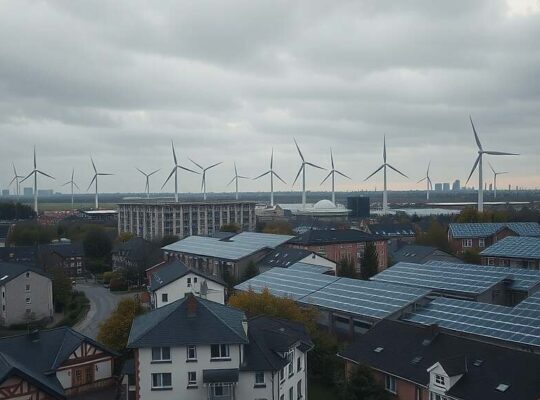The ongoing COP30 negotiations in Belém are marked by both promising advancements and significant roadblocks, according to Jennifer Morgan, formerly the German government’s Special Envoy for International Climate Policy. While acknowledging progress, particularly regarding the phasing out of fossil fuels, Morgan characterized the current climate of the summit as “a bit chaotic” highlighting a palpable resistance hindering more decisive action.
Morgan specifically pointed to a reluctance among several key nations to embrace more ambitious climate targets. She identified the “Arab Group” India and China as exhibiting a cautious approach, seemingly prioritizing other considerations over accelerated climate mitigation efforts. Furthermore, she noted the pronounced hesitancy of major industrialized nations when it comes to fulfilling financial commitments to support developing countries vulnerable to climate impacts. These delays, she argued, are directly impeding the potential for impactful agreements.
Despite this, Morgan praised the German delegation’s active participation, emphasizing their collaborative efforts with other nations in pursuit of a favorable outcome. She also recognized the vital role of civil society and indigenous populations, actively engaged in the summit, while clarifying that the systemic critiques voiced by some demonstrators aren’t directly integrated into the formal negotiation process, which she described as focusing on “specific proposals” rather than a broader systemic overhaul.
Responding to criticism suggesting a lack of substantive progress from previous COPs, Morgan defended the importance of the forum, underscoring that since the Paris Agreement, “many things have changed”. She maintained that the COP remains the single platform where the most vulnerable nations can meaningfully engage in negotiations, a space she believes has been instrumental in achieving several significant advancements.
However, a sense of geopolitical concern permeated Morgan’s assessment. The escalating instability of the international landscape, particularly the potentially disruptive influence of a renewed Trump administration, demands an unparalleled degree of international cooperation, she warned. The risk, she argued, is that these existing challenges will exacerbate the hurdles facing the ambitious climate goals currently under discussion.












